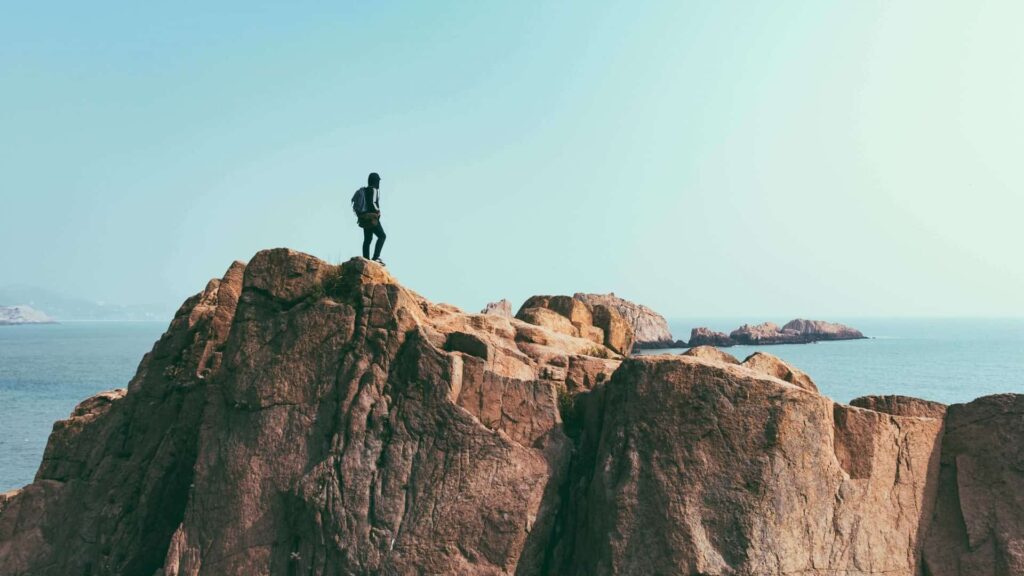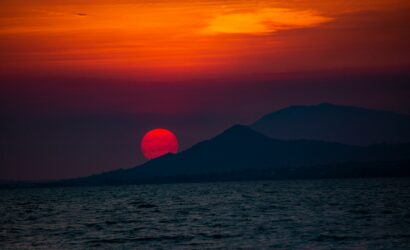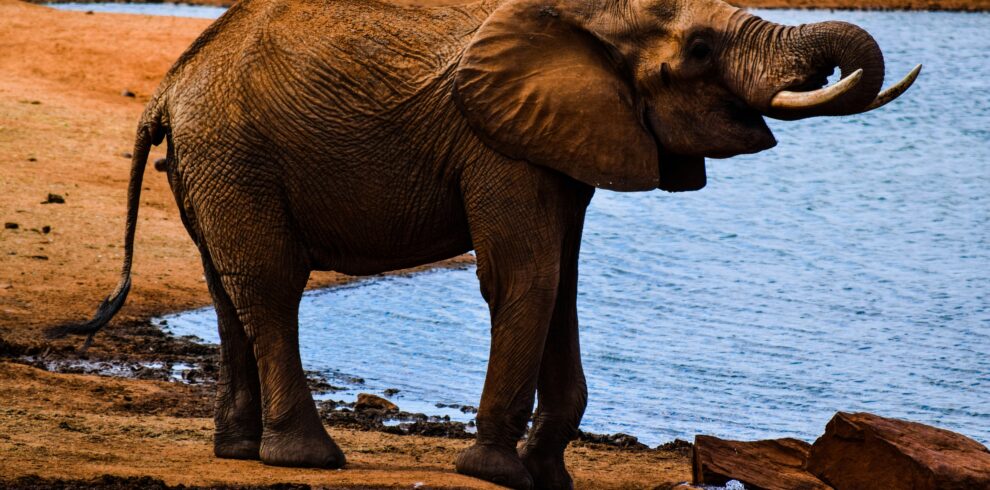The Ngorongoro Crater, often referred to as the “Garden of Eden,” is one of the most captivating wildlife destinations in the world. This massive volcanic caldera is home to an incredible density of animals, including the Big Five—lions, elephants, buffaloes, leopards, and rhinos—living in harmony within its verdant floor. A safari here is a dream for any wildlife enthusiast, as it offers the chance to witness spectacular game viewing in an unspoiled environment.
Just a few hours away, the Serengeti National Park offers another iconic safari experience, especially during the Great Migration. Here, the plains stretch endlessly, and vast herds of wildebeest and zebras thunder across the grasslands, pursued by predators in one of nature’s most dramatic spectacles. A visit to both the Serengeti and Ngorongoro Crater promises a once-in-a-lifetime journey through two of Africa’s most breathtaking natural wonders.
Key Features
– Ngorongoro Crater’s wildlife-rich floor
– Serengeti’s Great Migration
– The Big Five and other iconic African animals
– Scenic views and geological wonders
– Access to Maasai culture
Best Time to Visit
– June–October (dry season, great for wildlife sightings)
– November–April (for migration in the Serengeti)
Activities
– Game drives in Ngorongoro Crater
– Witnessing the Great Migration in the Serengeti
– Maasai village visits for cultural experiences
– Birdwatching and nature photography
– Hot air balloon safari in the Serengeti
Getting There
– Fly into Kilimanjaro or Arusha, then drive to Ngorongoro and Serengeti
– Road transfers or charter flights between the parks
Recommended Stay
4–5 nights
– 2–3 days in Ngorongoro for game drives
– 2–3 days in Serengeti for migration and wildlife viewing
Travel is the movement of people between relatively distant geographical locations, and can involve travel by foot, bicycle, automobile, train, boat, bus, airplane, or other means, with or without luggage, and can be one way or round trip. Travel can also include relatively short stays between successive movements.
The origin of the word "travel" is most likely lost to history. The term "travel" may originate from the Old French word travail, which means ‘work’. According to the Merriam Webster dictionary, the first known use of the word travel was in the 14th century.
It also states that the word comes from Middle English travailen, travelen (which means to torment, labor, strive, journey) and earlier from Old French travailler (which means to work strenuously, toil). In English we still occasionally use the words "travail", which means struggle. According to Simon Winchester in his book The Best Travelers’ Tales (2004), the words "travel" and "travail" both share an even more ancient root: a Roman instrument of torture called the tripalium (in Latin it means "three stakes", as in to impale).













Write a Review